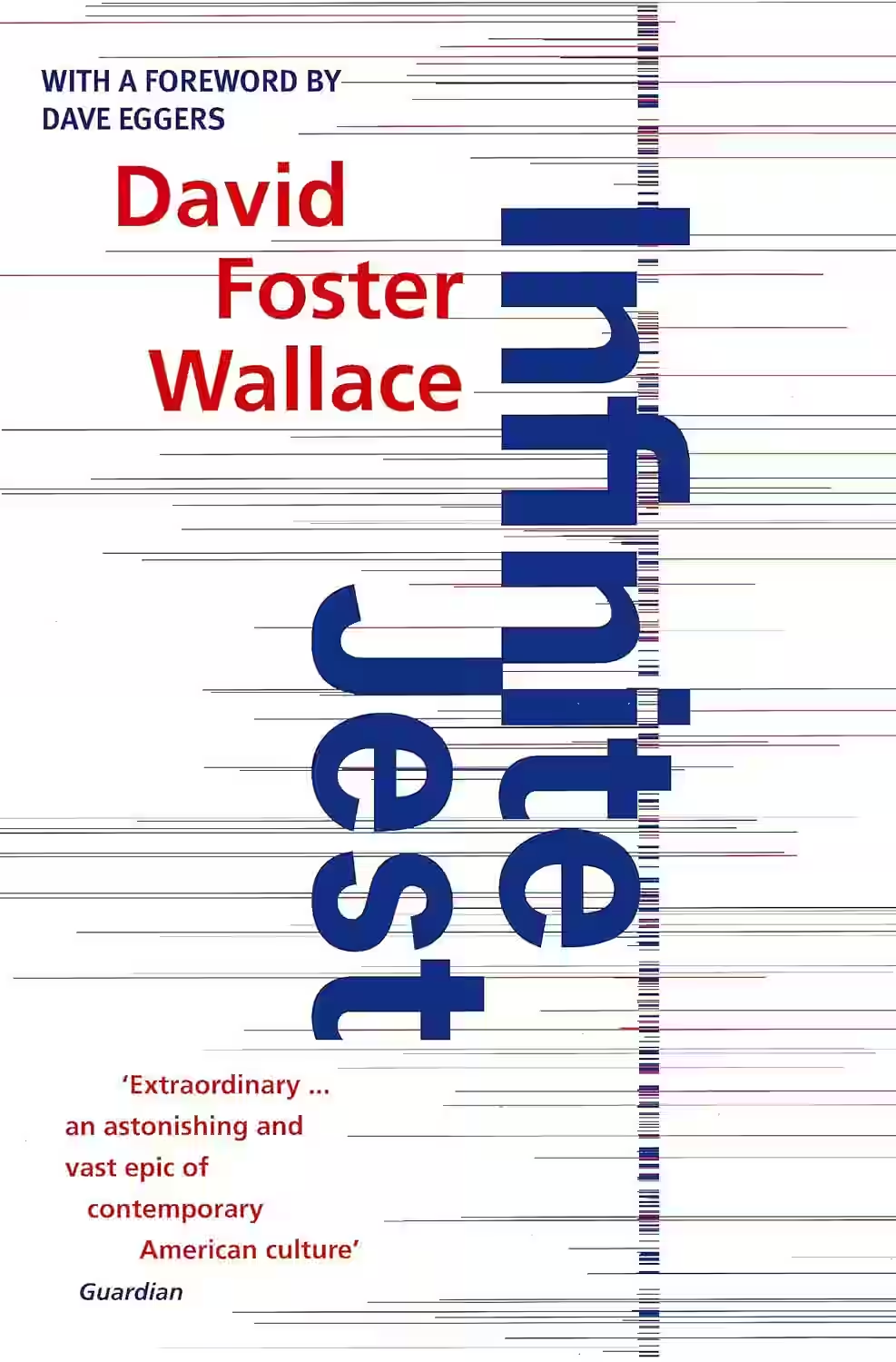
David Foster Wallace's 'Infinite Jest' is a sprawling, intricate narrative that delves into the complexities of addiction, entertainment, and the search for meaning. Set in a dystopian North America, the story primarily unfolds around the students of the Enfield Tennis Academy and the residents of a nearby drug and alcohol rehabilitation center. Through its rich, multifaceted characters and a plethora of subplots interwoven with irony and dark humor, the novel examines the human condition and our incessant quest for pleasure and distraction. Wallace's innovative narrative structure and his exploration of themes such as media saturation, corporate power, and existential angst challenge and captivate readers, marking 'Infinite Jest' as a seminal work of postmodern literature.
About David Foster Wallace
David Foster Wallace, born on February 21, 1962, in Ithaca, New York, was an influential American writer renowned for his complex narratives and innovative style. Educated at Amherst College and the University of Arizona, Wallace's literary genius was evident in his profound and analytical prose. His magnum opus, 'Infinite Jest' (1996), a sprawling novel blending dystopian themes with cultural critique, solidified his status as a significant figure in contemporary literature. Wallace's work often explored the intricacies of consciousness and the human condition. Despite his struggles with mental health, he left an indelible mark on modern literature, influencing a generation of writers. His nonfiction, including 'A Supposedly Fun Thing I'll Never Do Again' (1997), captured the zeitgeist with incisive observations. Wallace's untimely death in 2008 marked the loss of a distinctive literary voice whose explorations of irony, sincerity, and connection remain profoundly impactful.
Similar Books
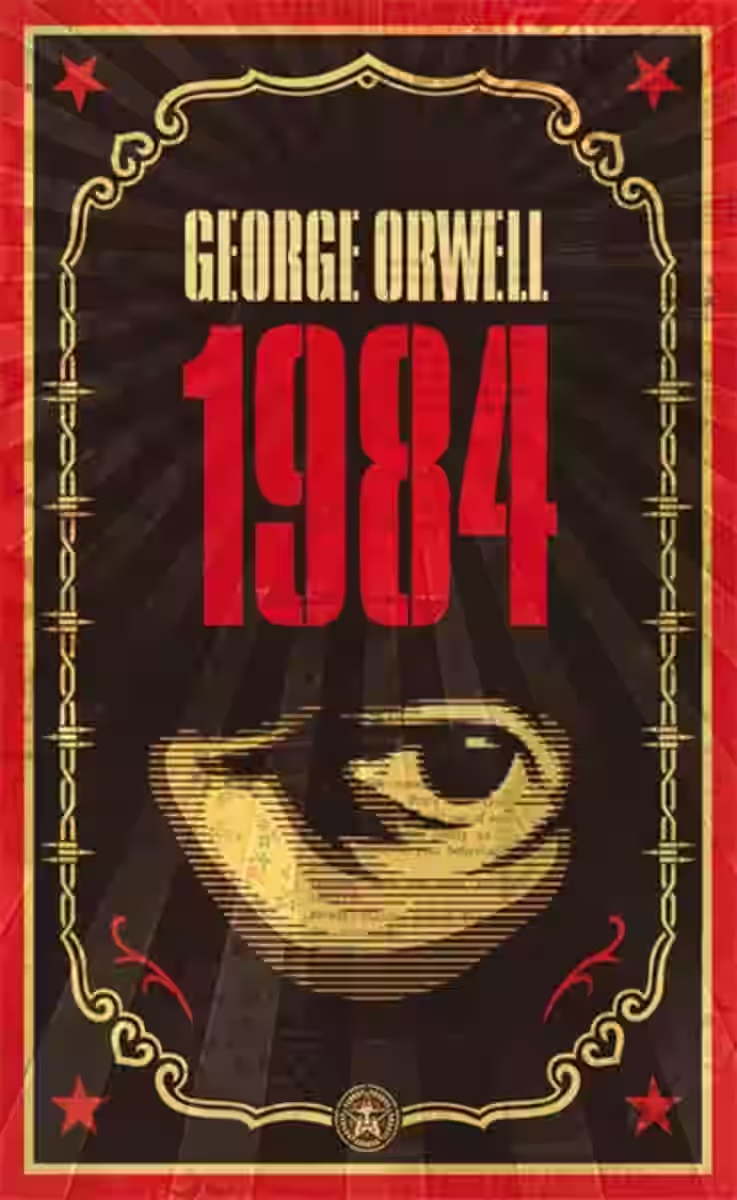
1984
In a totalitarian future Britain, Winston Smith secretly rebels against the omnipresent government that controls reality itself through surveillance, propaganda, and the manipulation of language and history. When he falls in love with Julia, another rebel, their forbidden relationship becomes an act of political rebellion. The novel explores themes of truth, power, and human dignity in a world where independent thought is a crime.
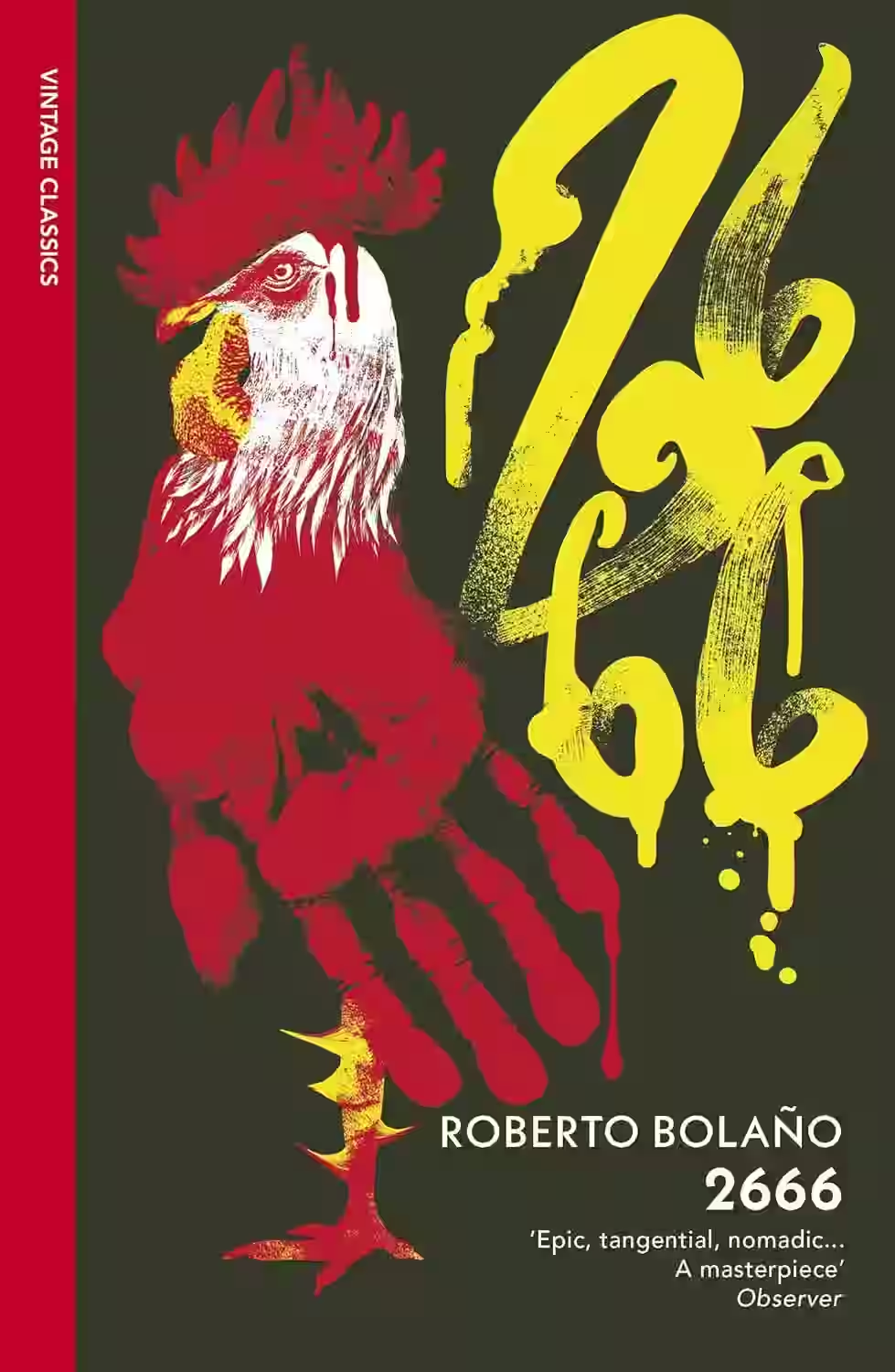
2666
Roberto Bolaño's '2666' is a sprawling, enigmatic novel that traverses continents and genres, engulfing the reader in a labyrinthine narrative. Set primarily in the fictional Mexican town of Santa Teresa, the book intricately weaves together five distinct yet interconnected parts, each exploring themes of violence, obsession, and the quest for meaning. The novel's epic scope delves into the minds of literature critics, an elusive German author, a brutal crime wave, and a reclusive professor, all against the backdrop of the mysterious and incessant murders of women. Bolaño's masterful storytelling and evocative prose challenge conventional narrative structure, leaving a profound impact on readers as it delves deep into the human psyche and societal ills. '2666' is a testament to the power of literature to illuminate the darkest corners of human existence, a richly layered work that continually unfolds new insights with each reading.
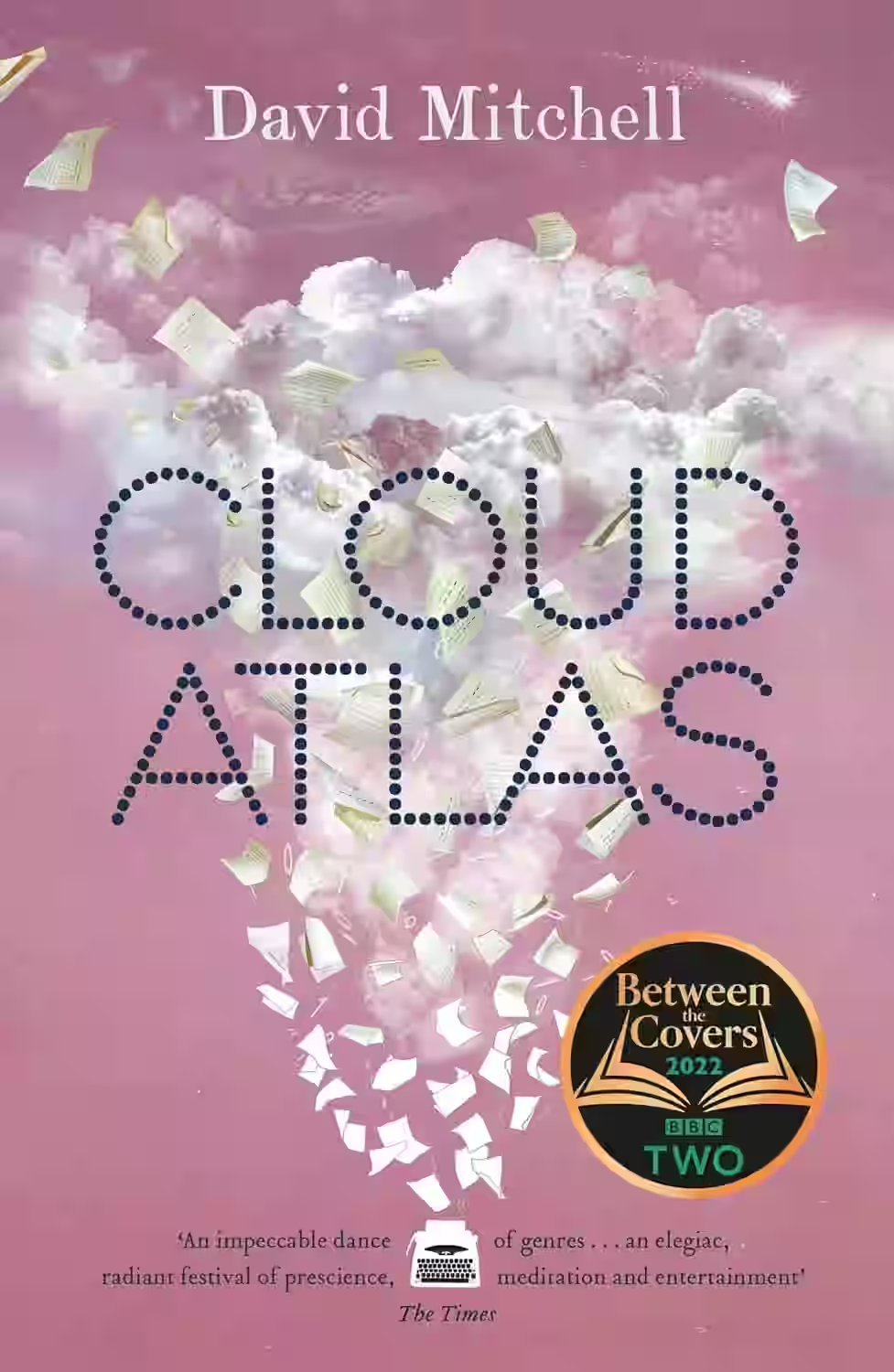
Cloud Atlas
Six nested stories span from the 19th century South Pacific to a post-apocalyptic future, each tale being discovered or experienced by the main character in the next. The novel explores how lives echo through time, examining themes of power, predacity, and the connections that transcend time and space.
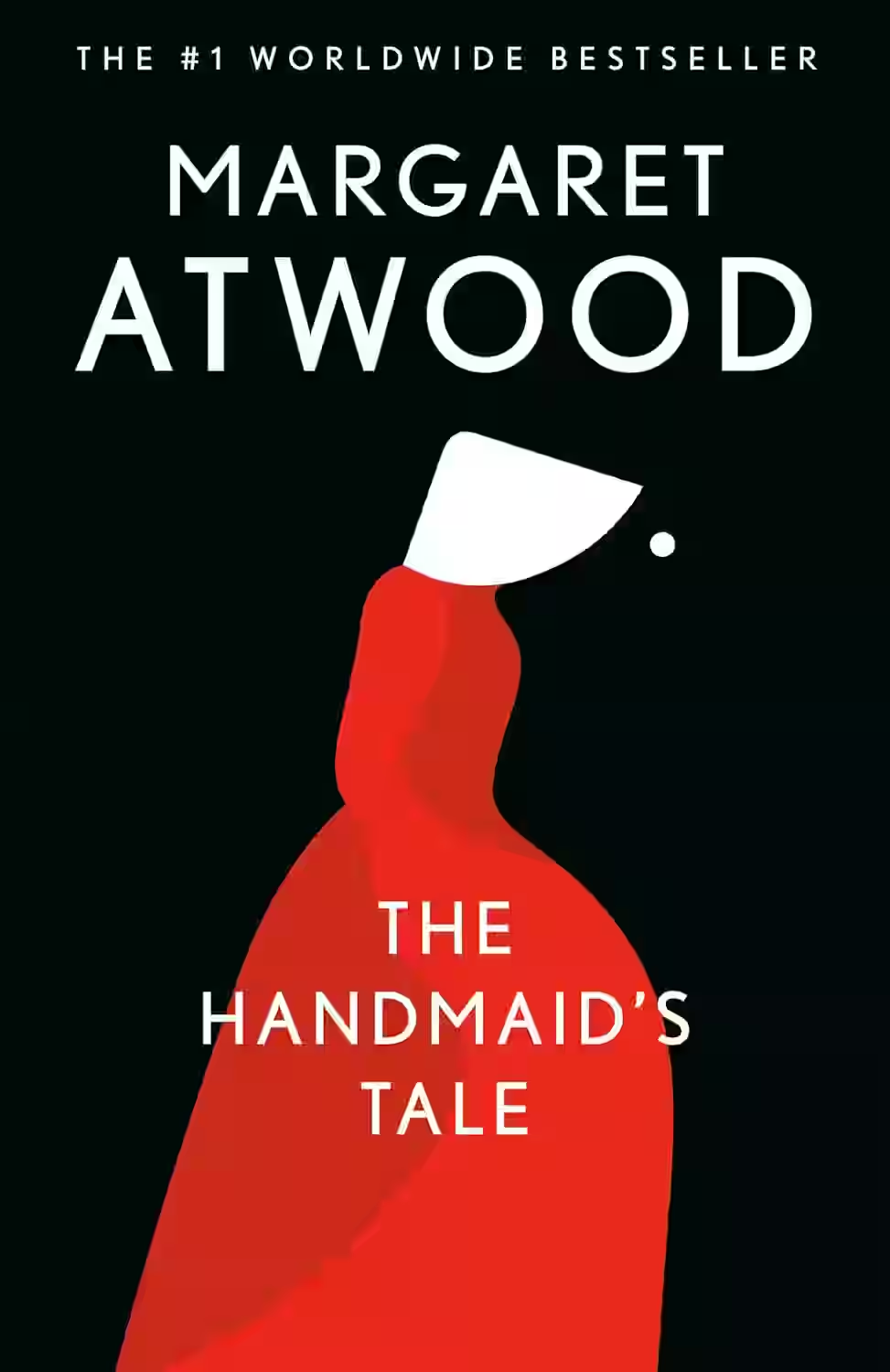
The Handmaid's Tale
Series: The Handmaid's Tale (#1)
In the Republic of Gilead, a theocratic regime has stripped women of their rights and forced them into distinct social classes. Through the eyes of Offred, a Handmaid assigned to bear children for elite couples, we see a chilling exploration of gender, power, and resistance in a society that feels disturbingly possible.